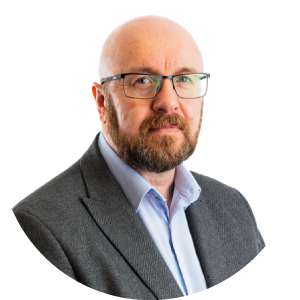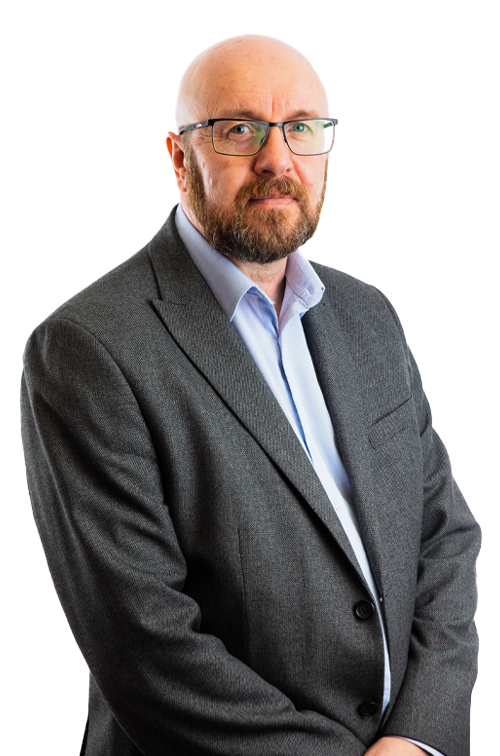In this article
As is the case when looking at mortgages for teachers, there are no set mortgage types for doctors specifically, although there may be both benefits and challenges, depending on what type of doctor you are.
For some, you may have access to better interest rates, whereas others may have difficulty proving that they have a consistent income. Thankfully there are various mortgage lenders, including specialist ones, out there who are willing to treat a doctor just like they would any other applicant.
Mortgages For Professionals
Explained in 1 min 24 seconds
Find more videos like this on MoneymanTV
What types of doctors are eligible for mortgages?
There are no restrictions on the type of doctor you need to be in order to be eligible for a mortgage. We are able to help with:
- Mortgages for Locums
- Mortgages for GPs
- Mortgages for Dentists
- Mortgages for Nurses
- Mortgages for Junior Doctors
- Mortgages for Trainee Doctors
No matter which area of the profession you’re in, a mortgage should be accessible to you. Of course mortgage lender criteria and personal circumstances will affect your eligibility for a mortgage primarily, but in terms of profession, everyone will have the same opportunity at home ownership.
How much can a doctor borrow?
The amount a doctor can borrow depends on various factors, including their personal income, employment status, credit history, and the lending criteria of the mortgage provider.
Generally, lenders may offer doctors higher borrowing limits due to their stable and potentially high income. Some lenders even have specific mortgage products tailored for medical professionals, offering more favourable terms.
Doctors often have access to special mortgage deals that consider their career stability and potential for income growth. Newly qualified doctors or those still in training might find lenders willing to offer favourable terms recognising their future earning potential.
Speak to an Advisor – It’s Free!
Schedule a free callback from one of our experts today.
- All situations considered
- Transparent and honest mortgage advice
- We search 1000s of purchase and remortgage deals
Our customers rate us 4.9/5
Mortgages for Newly Trained Doctors
Securing a mortgage as a newly qualified doctor comes with unique challenges, however, with the right approach, it’s entirely achievable. Here are things that could affect your mortgage application:
- Significant Student Debt: Accumulating substantial student debt during medical education can impact your financial standing.
- Initial Lower Salaries: Starting out with relatively modest incomes as junior doctors may pose challenges when seeking mortgage approval.
- Temporary Training Contracts: The transient nature of training contracts can create uncertainty for lenders assessing your financial stability.
- Frequent Moves for Rotations: Regular home moves for rotations can complicate residency requirements and stability assessments by mortgage providers.
Here are the possible solutions for this if you are a newly trained doctor:
- Leverage Job Contracts: Utilise your job contract as evidence of steady income, bolstering your mortgage application.
- Confirmed Job Offers: A confirmed job offer provides reassurance to lenders about your future earning potential and career stability.
- Consider Projected Salaries: Some lenders recognise the lucrative prospects of the medical profession and may factor in projected earnings.
With the help of a mortgage broker, newly qualified doctors can confidently pursue homeownership despite the challenges posed by their career paths.
Mortgages for Locum Doctors
For locum doctors, the path to homeownership presents its own set of unique challenges. With irregular income streams and varying contract durations, securing a mortgage can seem particularly daunting.
Here are some factors to consider and strategies to help locum doctors navigate the mortgage landscape:
- Irregular Income Streams: Locum doctors often face fluctuations in their income due to the nature of their work. Lenders may view this variability as a risk factor when assessing mortgage applications.
- Contract Duration: Locum contracts can vary in duration, ranging from short-term assignments to longer-term placements. This variability can pose challenges when demonstrating income stability to lenders.
- Proof of Income: Providing evidence of income can be more complex for locum doctors compared to those in permanent positions. Gathering documentation such as payslips, tax returns, and contracts from multiple employers may be necessary to satisfy lender requirements.
- Specialist Lenders: Some mortgage lenders specialise in working with professionals with irregular income, including locum doctors. These lenders may be more flexible in their eligibility criteria and assessment process.
- Mortgage Brokers: Engaging the services of a mortgage broker can be invaluable for locum doctors. Brokers have access to a wide range of mortgage products and can help identify lenders who are more accommodating to locum professionals.
- Income Averaging: Some lenders may consider averaging income over a longer period to mitigate the impact of irregular earnings. This approach can help smooth out fluctuations and improve mortgage affordability.
- Deposit Requirements: Saving for a larger deposit may enhance locum doctors’ chances of securing a mortgage. A larger deposit can reduce the loan-to-value ratio and demonstrate financial stability to lenders.
By understanding these factors and utilising the available strategies, locum doctors can increase their chances of successfully obtaining a mortgage.
Working with mortgage brokers who specialise in catering to the needs of locum professionals can streamline the process and provide tailored solutions to address their unique circumstances. With perseverance and the right support, homeownership is attainable for locum doctors.
Check your credit score for free*
Try Checkmyfile and obtain a new copy of your credit report. We can use this document to work out how likely you are to be approved for a mortgage.
*Start your 30-day free trial now, then just £14.99 a month after. Cancel online anytime.

Self Employed Doctor Mortgages
Self-employment brings both freedom and challenges, and for doctors who are self-employed, navigating the mortgage market can require extra attention to detail. Here are some key considerations and strategies to help self-employed doctors secure mortgages:
- Income Documentation: As a self-employed doctor, providing proof of income can be more complex than for those in traditional employment. Lenders typically require several years’ worth of accounts, tax returns, and financial statements to assess your income stability.
- Accounting Practices: Maintaining accurate and up-to-date accounting records is crucial for self-employed doctors. Consistent and transparent financial documentation will strengthen your mortgage application and demonstrate your financial responsibility.
- Tax Efficiency: While minimising tax liabilities is important for financial planning, it’s essential to strike a balance to maximise your mortgage affordability. Working closely with an accountant can help optimise your tax strategy while ensuring your income is sufficient for mortgage purposes.
- Specialist Lenders: Some mortgage lenders specialise in catering to the needs of self-employed individuals, including doctors. These lenders may have more flexible eligibility criteria and a deeper understanding of the complexities of self-employment.
- Mortgage Brokers: Enlisting the expertise of a mortgage broker who specialises in working with self-employed professionals can streamline the mortgage application process. A knowledgeable broker will have access to a wide range of lenders and products tailored to self-employed doctors’ unique circumstances.
- Deposit Considerations: Saving for a larger deposit can strengthen your mortgage application as a self-employed doctor. A larger deposit reduces the loan-to-value ratio and mitigates the perceived risk associated with self-employment.
- Creditworthiness: Maintaining a strong credit history is essential for self-employed doctors seeking mortgages. Paying bills on time, managing credit accounts responsibly, and regularly monitoring your credit report can help maintain a favourable credit profile.
By addressing these considerations and leveraging the expertise of mortgage brokers and specialist lenders, self-employed doctors can enhance their chances of successfully obtaining a mortgage.
With diligent financial planning and strategic support, homeownership remains within reach for self-employed medical professionals.
Can I get a mortgage if I’m a doctor in the armed forces?
Being a doctor in the armed forces can indeed affect your ability to secure a mortgage, but it’s certainly possible. Lenders typically consider a variety of factors, including your income stability, employment history, and creditworthiness.
One significant advantage for doctors in the armed forces is the availability of government schemes such as Forces Help to Buy.
This scheme allows eligible servicemen and women to borrow up to 50% of their annual salary (capped at £25,000) interest-free to use towards a deposit or other home buying costs. This initiative can significantly enhance your ability to access mortgage financing and take steps towards homeownership.
Additionally, as a doctor in the armed forces, you may have access to specialist mortgage lenders who understand the unique circumstances of military personnel.
These lenders may offer tailored mortgage products designed specifically for armed forces personnel, taking into account factors such as deployment and moving home. Engaging the services of a mortgage broker who specialises in working with military personnel can also be beneficial.
A knowledgeable broker can guide you through the mortgage process, help you explore available options, and identify lenders who are more accommodating to your specific needs and circumstances.







